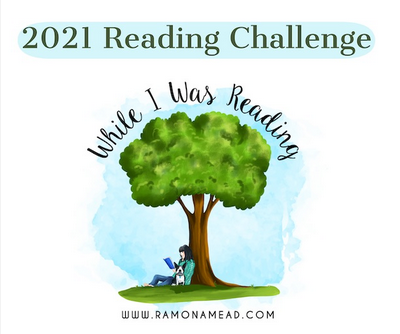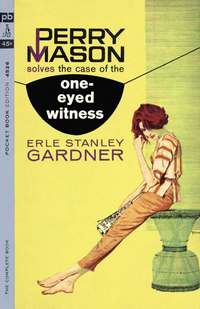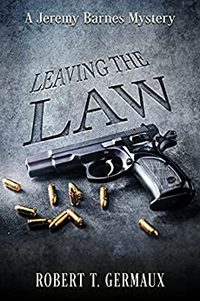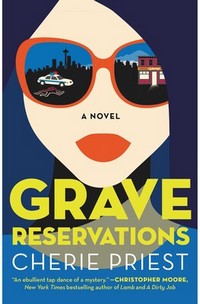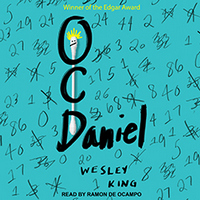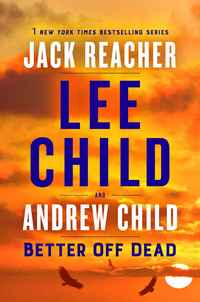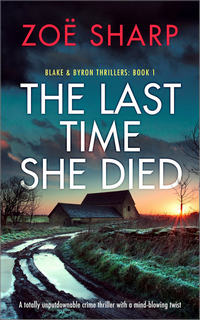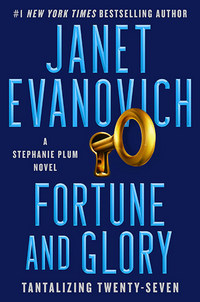 |
Fortune and Glory:
|

Ranger stopped for a light and looked at me. “How about you? What’s in your bucket list?”
I was stumped. I didn’t have a bucket list. My bucket was empty.“I haven’t gotten around to making a bucket list,” I said. “Do you think that’s a personal failure?”
“No. You’re busy living every day. That’s a personal triumph.”
“It doesn’t feel like a triumph. It feels like I’m moving through my life with no important goals or aspirations.”
“What do you consider to be an important goal?”
“Being a doctor or a vulcanologist or a marine biologist or finding the Ark of the Covenant.”
What’s Fortune and Glory About?
Fortune and Glory continues the storyline kicked off in Look Alive Twenty-Five, this time Stephanie and Grandma Mazur are hunting for the treasure—whatever it may be (no one is telling) that the La-Z-Boy Gang had tucked away. Two of the surviving members are on the hunt for the clues that lead to it, too—and they’re not playing by Marquess of Queensberry Rules.
Naturally, Stephanie also has three skips to track down for Vinnie’s Bail Bonds—one of whom decides that Stephanie needs a bodyguard and devotes himself to that. Sure, Stephanie could use a bodyguard, but probably not one who has a handful (or more) of anxiety disorders that prevent him from doing much of anything.
Dodging gangsters and chasing down FTA’s, just another day in the ‘Burb for Stephanie Plum.
A Backdoor Pilot?
Evanovich has a new series starting next year about a recovery agent, Gabriela Rose. We get to meet Gabriela here because she’s been hired to recover the same treasure than Stephanie and Grandma are on the hunt for.
She’s slick, she’s skilled, she’s apparently successful—she’s pretty much the anti-Stephanie. She’s what Ranger could be if he didn’t have his whole company, either.
Gabriella’s not in the novel much, just enough to introduce her to Evanovich’s readers. But she plays a vital role when she’s around.
I enjoy it when there’s overlap between an author’s series/works, but this felt cheap.
A Change in the Offing?
Stephanie spends a lot of time considering her life, her career, her future…nothing she hasn’t done before, but it felt a bit more serious this time—going so far to ask herself “Who am I?”. Even her newfound bodyguard sees that she wants to change her life.
The presence of Gabriela and some new turmoil in her relationship with Morelli adds fuel to this self-reflective fire.
So, what did I think about Fortune and Glory?
This was fine. This was okay. It was amusing. I appreciate the ambition of the storyline (but glad Evanovich wasn’t ambitious enough to try to extend it). For a series this old, to try something like this for the first time? Pretty impressive.
I don’t know that I found anything funny, though—which isn’t good for a comedic series like this.
It’s not quite as good as the last couple of Plum novels, but not as weak as some of the others. Good enough to read and recommend, but just that good. If I actually believed this round of self-reflection was going to result in a change, I might be more optimistic about things, but I expect that #28 will be more of the same. Which isn’t necessarily bad, it’s just nothing to be excited about.

This post contains an affiliate link. If you purchase from it, I will get a small commission at no additional cost to you. As always, opinions are my own.
![]()


